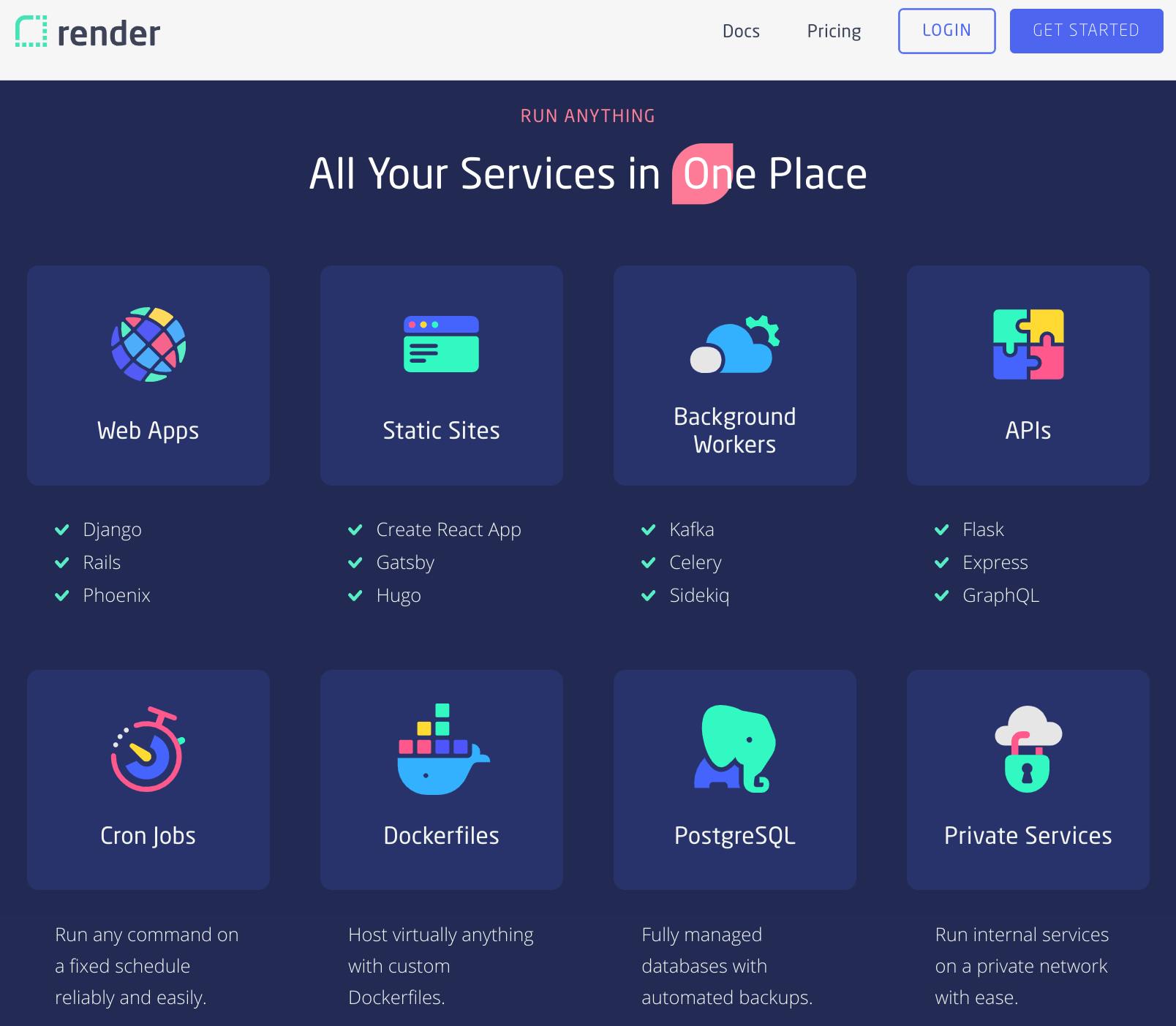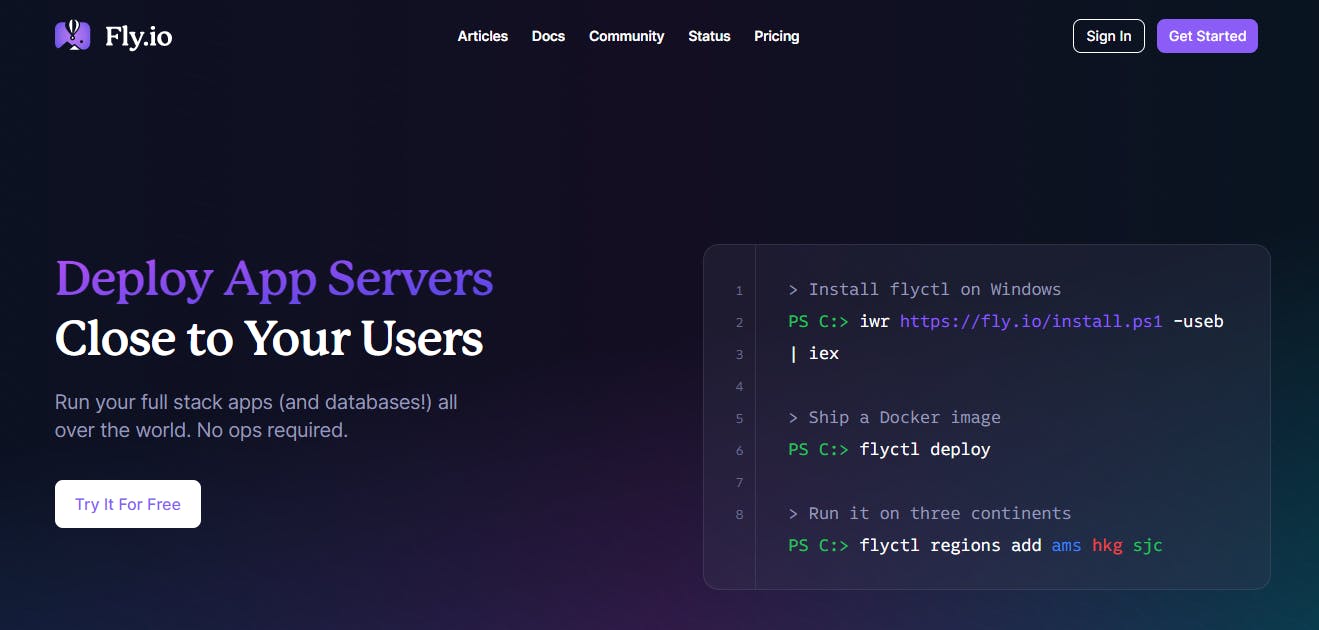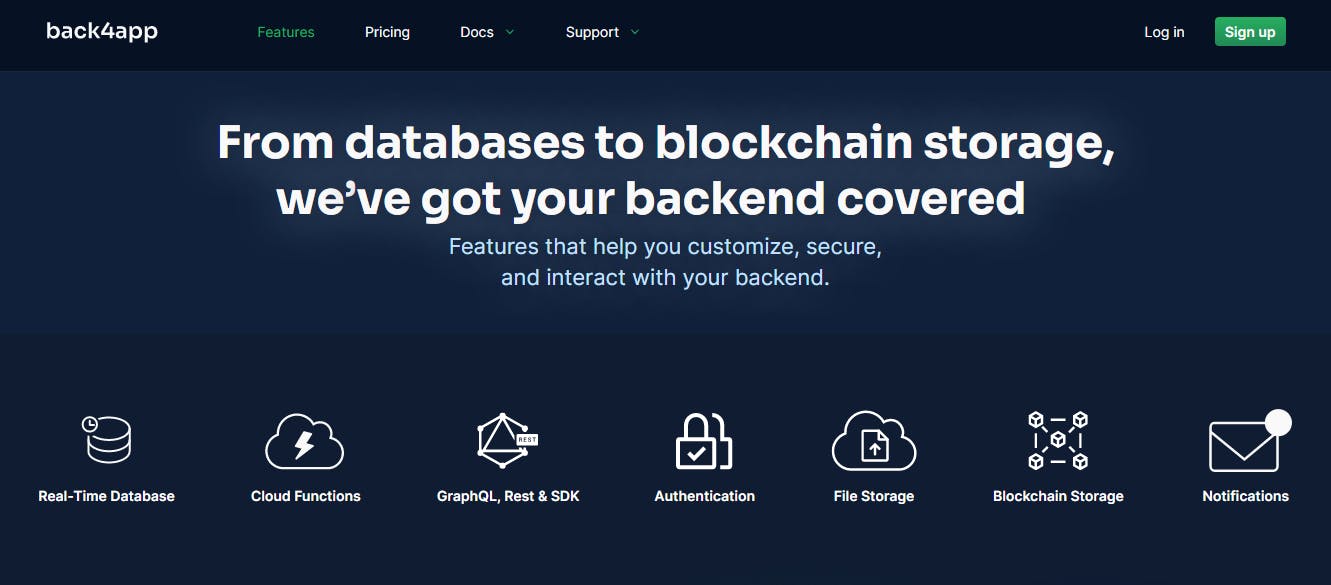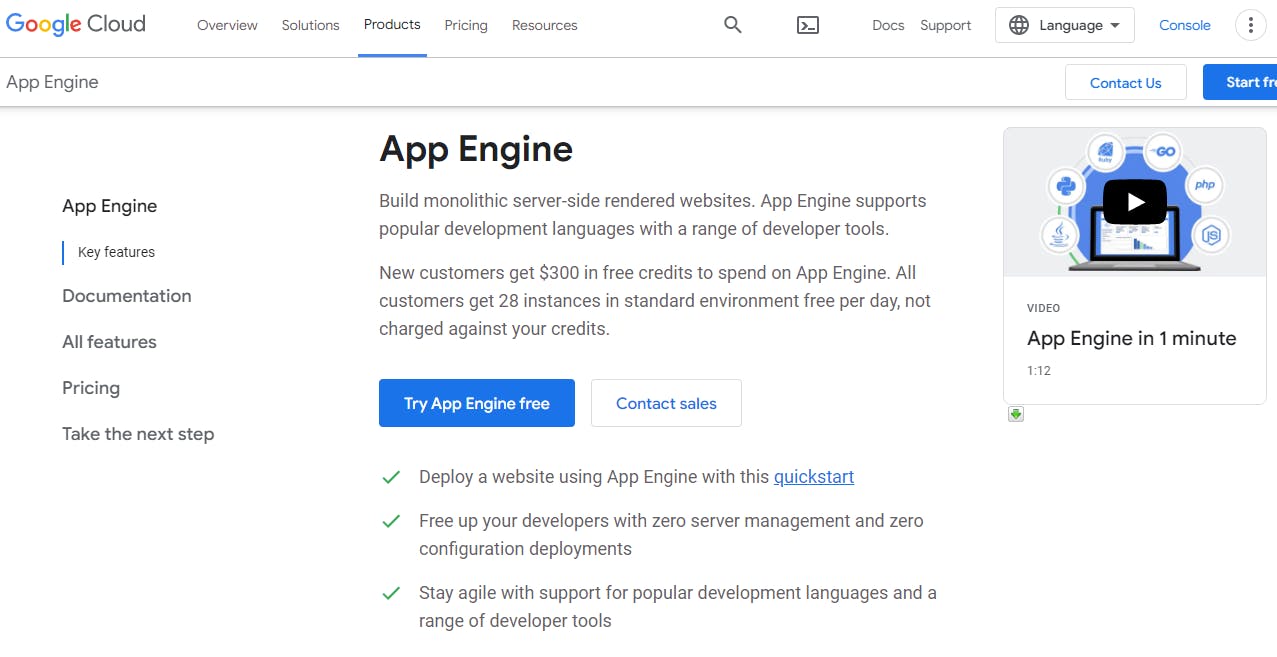
Photo by Victoriano Izquierdo on Unsplash
Top Alternatives to Heroku
Heroku surprised the world with its plan to change its pricing plan. Nothing is free in this world anymore. Or is there?
Introduction
In the cloud services world, Heroku is one of the pioneers of Platform as a Service (PaaS). The process of building and configuring a server from scratch was challenging for developers before they arrived on the scene. In addition to shared hosting limitations, cloud technology and its deployment strategies are complicated.
Heroku's platform, however, makes building, scaling, and deploying apps simpler and faster. That is why the company became a household name in the developer community.
Heroku created the Platform as a Service (PaaS) standard for commercially sustainable cloud services. The company has accomplished a lot, helping many enterprise companies achieve their business objectives.
But wait……………. If you are reading this then I am sure you have seen this information on their website about a month ago.

In this article, I will be putting some light into your day by giving you some alternatives to Heroku
Render
 Render is a unified platform to build and run all your apps and websites with free SSL, a global CDN, and private networks and auto-deploy from Git.
Render is a unified platform to build and run all your apps and websites with free SSL, a global CDN, and private networks and auto-deploy from Git.
Render launched in 2019 and is headquartered in San Francisco, California. It is led by Anurag Goel, who was previously an early engineer and Head of Risk at Stripe.
Render offers incredible ease of use coupled with immense power and scalability to power everything from a simple HTML page to complex applications with hundreds of microservices.
Render brings a solution to all the IT and backend needs of your application. It is your all-in-one solution and the fastest way to develop, deploy, and host your applications. Render also brings security services with certificates and network configurations.
Here you can host your teams, containers, APIs, and several other things along with auto-deploy from Git. So, Render enhances your application’s performance and brings a better development and management experience.
Firebase
 Firebase is a Backend cloud service platform from Google. It is designed to build and power real-time applications with features like notifications, authentication, and other front-end services.
Firebase is a Backend cloud service platform from Google. It is designed to build and power real-time applications with features like notifications, authentication, and other front-end services.
Firebase takes a huge burden away from developers by managing hosting, backend servers, and creating backend services without writing server-side code.
Firebase automatically configures the backend storage with a simple NoSQL database that supports automatic SSL encryption and a GUI for making manual database entries.
Firebase is an excellent tool for authentication; OAuth logic’s abstraction through its robust API makes authentication easier via Facebook, Twitter, Google, and other platforms.
The in-built Google Analytics and AdSense support save developers the hassles of adding SDKs and external libraries for tracking and advertising purposes. It also allows multiple devices running a Firebase app to sync data changes instantly.
The database platform uses JSON, which is suitable for a web or mobile application. It supports Android, iOS, and Web applications, making it an excellent choice for creating native apps and web-based admin components.
The latest version is now completely hosted on Google Cloud infrastructure and has beautiful features like cloud storage and Push notifications for Android/iOS devices.
Fly.io
 Fly.io is a platform for running full-stack applications and databases close to users without any DevOps.
Fly.io is a platform for running full-stack applications and databases close to users without any DevOps.
The platform uses a virtualization technology called Firecracker to enable micro-virtual machines closer to the end users and across the globe.
Fly.io is a startup founded in 2017 that received funding from a16z, Intel Capital, etc. It offers a PaaS platform that enables users to deploy micro-virtual machines closer to the end users across multiple geographical regions and to use several frameworks/programming languages.
The primary aim of Fly.io is to enable developers to complicated self-service infrastructure. It furthermore tries to eliminate abstractions without causing any mess to the infrastructure.
Some people go as far as to confidently say that fly.io seems like a viable inheritor of the mantle of responsibility that Heroku has left into the hands of the cloud.
Back4app
 Back4app is a popular Backend as a service (BaaS) provider and a terrific open-source option for Heroku.
Back4app is a popular Backend as a service (BaaS) provider and a terrific open-source option for Heroku.
It provides a fully managed backend featuring automated provisioning and scaling applications, backup and recovery, 24/7 monitoring and alerting, web-based management tools, technical support, and many more.
The advantages of Back4app include a user-friendly dashboard, the ability to scale apps seamlessly, and best-in-class support. The core features include:
- Scalable Realtime Database (SQL and NoSQL)
- APIs (REST and GraphQL)
- Storage
- Authentication
- Notifications Back4pp utilizes a complete serverless approach to deploy and scale apps' backends. Its serverless architecture allows the freedom to focus on app development instead of sleepless nights over infrastructure hassles.
It’s a reliable serverless database platform that fosters speedy app development, codeless backend development, hosting apps without infrastructure hassles, and scaling apps without technical challenges.
Google App Engine
 Google App Engine is a PaaS (Platform as a Service) platform hosted and owned by Google. It allows you to build, develop, and deploy mobile backends and scalable web applications.
Google App Engine is a PaaS (Platform as a Service) platform hosted and owned by Google. It allows you to build, develop, and deploy mobile backends and scalable web applications.
It supports many programming languages like Python, Java, and PHP. The App Engine is part of the Google Cloud Platform that also offers Container Engine, Compute Engine, Container Registry, Cloud Functions, and Storage / Databases.
Google App Engine is fast, easy, and with a reasonable price tag. It comes with a free tier that is excellent for beginners and developers who want to create small apps quickly.
It can also autoscale, create new instances on the go, and automatically handle availability. App Engine gets a positive rating for performance from developer communities.
Another helpful feature is the ease of integrating various Google apps through Google’s Cloud Datastore, which securely integrates with the App Engine.
Cubit Host
 Cubit Host is a hosting company that specializes in delivering quality service at an affordable price. Created for growing developers and industry professionals and everyone else in between, it seeks to bridge the gap between developers and hosting companies by changing the way websites are designed and developed. It is an enabling platform for SMEs, LMS and E-Commerce sites.
It has subscription plans created to suit different budgets and allows developers to explore their creativity as they build and test their digital products.
Some of its benefits are:
Cubit Host is a hosting company that specializes in delivering quality service at an affordable price. Created for growing developers and industry professionals and everyone else in between, it seeks to bridge the gap between developers and hosting companies by changing the way websites are designed and developed. It is an enabling platform for SMEs, LMS and E-Commerce sites.
It has subscription plans created to suit different budgets and allows developers to explore their creativity as they build and test their digital products.
Some of its benefits are:
- LiteSpeed Webserver
- Improved SEO rating
- Enhanced DDoS Security
- Provision of backup repository for websites
- Free SSL Certificate
- Technical Support
Conclusion
Of all of these, the one that stands out for me is Cubit host. It is an upcoming PaaS that really stands out amongst others. I recommend Cubit Host because it is affordable, easy to use and provides support for any of your technical needs.

